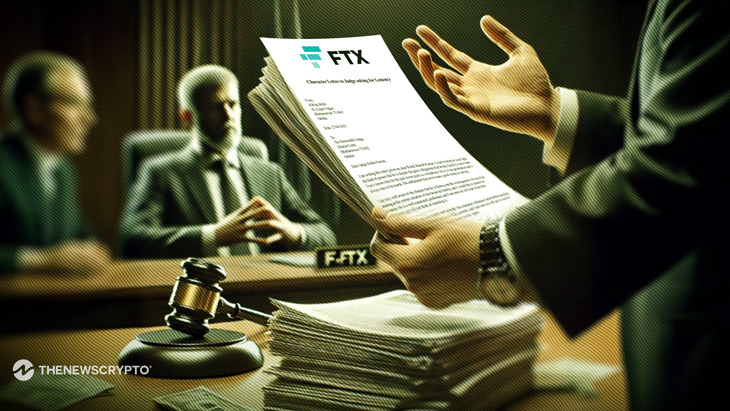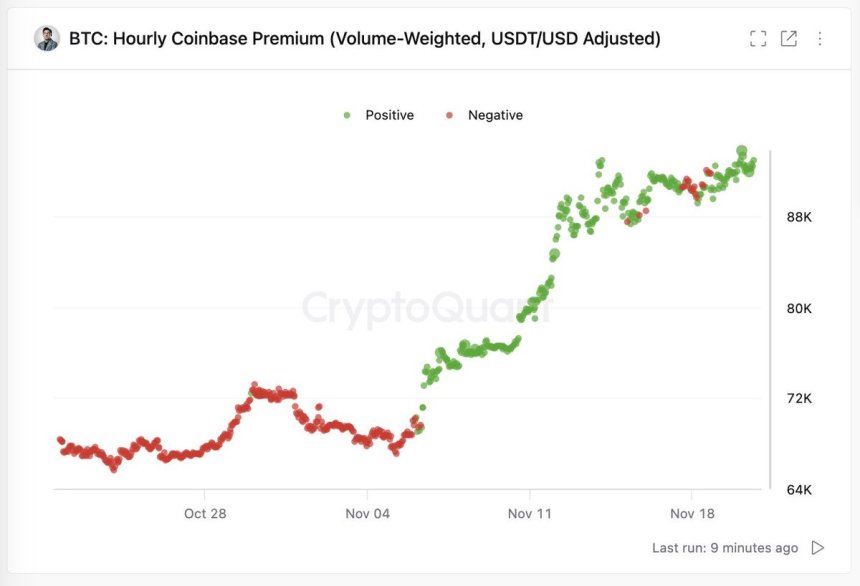
- This decision is timely given the widespread fear of generative AI.
- Judge Howell stressed the importance of human authorship under copyright law.
U.S. District Judge Beryl Howell has ruled that works fully created by artificial intelligence are not eligible for copyright protection. Thus, upholding the view of the U.S. Copyright Office. This decision is timely given the widespread fear that generative AI may one day replace human creators in fields like art and other similar fields.
Concerns about AI eventually taking over scriptwriting have intensified as the writer’s strike has stretched on for more than a hundred days. But intellectual property law has always held that copyrights are exclusively given for human-made works.
Human Authorship
Stephen Thaler challenged the governing body’s reluctance to register AI-generated works in court. Imagination Engines’ CEO and neural network expert, Thaler, believes that AI should be given authorship credit when it achieves the necessary standards. Therefore, the person who owns the machine should be considered the owner of the product.
However, Judge Howell ruled otherwise, stressing the importance of human authorship under copyright law. She referred to earlier precedents that ruled that only human authors’ unique ideas deserved legal protection.
Judge Howell explained the rationale for copyright legislation, noting that it is meant to inspire people to create. She pointed out that the governing body was originally founded to safeguard copyrights and patents because it was believed that granting people exclusive rights in these areas would encourage innovation in various fields. As courts debate whether or not it is permissible for AI corporations to train their algorithms on copyrighted works, this decision is timely.
Highlighted Crypto News Today:
Key Dogecoin Developer Hints at Exit Amid Concerns Over Proof-of-Stake

